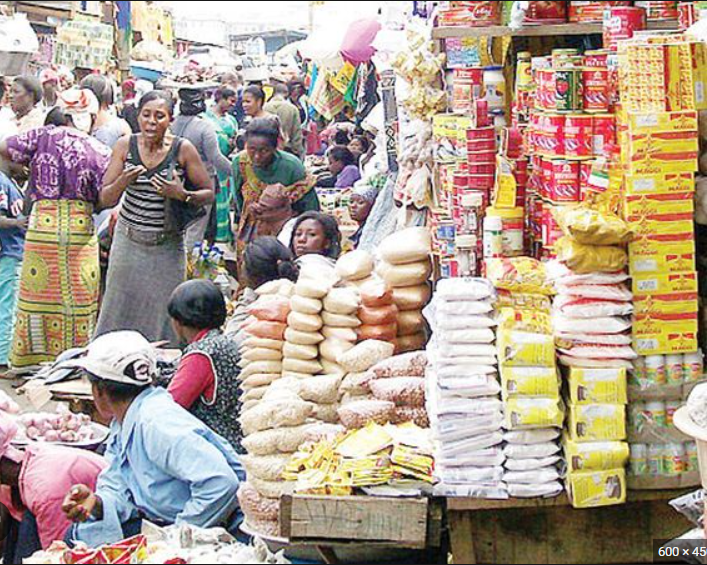Nigeria’s annual inflation rate has increased to 22.22 percent in April from 22.04 percent in the previous month.
This was contained in a statement issued by the National Bureau of Statistics (NBS), on Monday, April 15, 2023.
The statistics office said the April 2023 inflation rate showed an increase of 0.18 per cent points when compared to March 2023 headline inflation rate.
The NBS said on a year-on-year basis, the headline inflation rate was higher, compared to the rate recorded in April 2022, which was 16.82 per cent.
“This shows that the headline inflation rate on a year-on-year basis increased in April 2023 when compared to the same month in the preceding year (i.e., April 2022),” it said.
The Food and Agriculture Organisation of the United Nations (FAO) has said global food commodity prices rose in April for the first time in one year.
The rise was led by a steep increase in the sugar price index, along with an upturn in the meat price index, according to details highlighted in the Food Price Index report released on Friday.
The index tracks the international prices of the most commonly traded food commodities.
The FAO Food Price Index averaged 127.2 points in April 2023, up 0.8 points (0.6 per cent) from March and standing 31.2 points (19.7 per cent) below its value in April 2022l.
“The slight rebound in April was led by a steep increase in the sugar price index, along with an upturn in the meat price index, while the cereals, dairy and vegetable oil price indices continued to drop,” it said.
The report said the FAO Meat Price Index averaged 114.5 points in April, up 1.5 points (1.3 per cent) from March and standing 7.4 points (6.1 per cent) below its value in the corresponding month last year.
In April, it said the international price quotations for pig meat rose the most on increased import purchases by Asian countries and the continued supply limitations in several leading exporters due to high production costs and animal health issues.
In the meantime, the report said world poultry meat prices rebounded, following nine months of continuous declines, as import demand increased from Asia, while supply limitations arising from widespread avian influenza outbreaks continued in many regions.
“International bovine meat prices also increased, in response to a decline in cattle supplies for slaughter, especially in the United States of America. Meanwhile, ovine meat prices remained largely stable, as elevated export availability from Oceania nearly matched increased imports by Asian and Middle Eastern countries,” it said.











